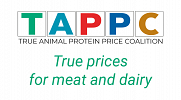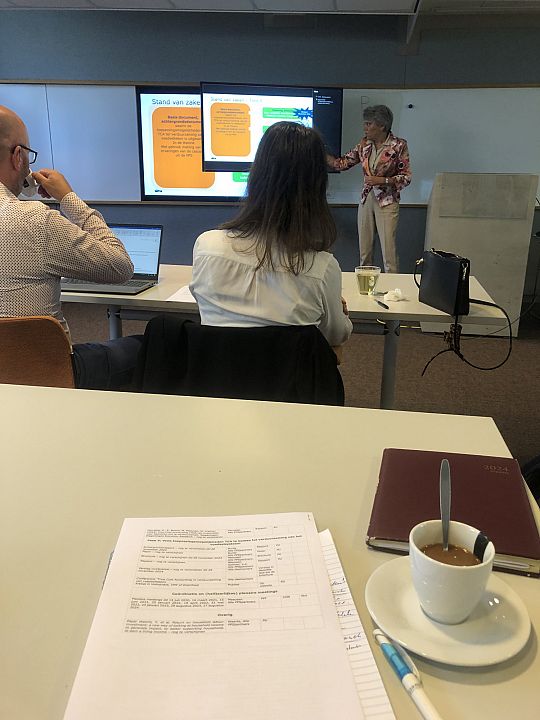Partner meeting True Price
On August 27, the last partner meeting took place for the PPS research and pilot project 'True Price, from Insight to Action,' of which TAPP Coalition is one of the paying partner organisations. The PPS started in 2021 and will end on November 28 with a public and free final conference. The PPS has already produced many interesting actions, insights, and reports (some in English, see link above) on how external environmental and social costs can be calculated, accounted for, and reduced in food prices through True Cost Accounting (TCA).
During the meetings, several new studies were discussed, including a forthcoming report on remediation (using the price premium paid for the true price of food to reduce external environmental costs or to stop underpayment of farmers by paying a higher price).
Earlier, a report (in Dutch) was published in which a consumption tax on meat was investigated as a case. Another study calculated the social impact of the protein transition in the Netherlands. To achieve the protein goals for 2030 (60% plant-based proteins and 40% animal-based proteins), dairy consumption must decrease by one-third (compared to 2020), red meat consumption by 50%, and processed meat by 75%, while the consumption of vegetables and fruits should increase by 50%; for legumes, this increase should be sixfold. Consumption of meat substitutes and nuts must also double, and that of dairy substitutes should quadruple. TAPP Coalition believes that these steps are so substantial that they can only be achieved through price incentives via true pricing (levies or surcharges on meat/dairy) and subsidies or price reductions for vegetables/fruit and dairy alternatives.
For catering company Hutten, for example, the total true price of the company was calculated (additional costs of 330,000 euros per year), with meat, dairy and fish particularly contributing to this, see tables 2 and 3 of this study (in Dutch). TAPP Coalition's proposal to apply true pricing in catering only to these products and not to hundreds of other food products (which have a low true price but require a lot of calculation work) is therefore considered sensible by caterers. TAPP Coalition conducted a pilot where meat received an average 'true price' increase of 40%, but vegetables, fruits, and vegetarian meals became 9% cheaper.


